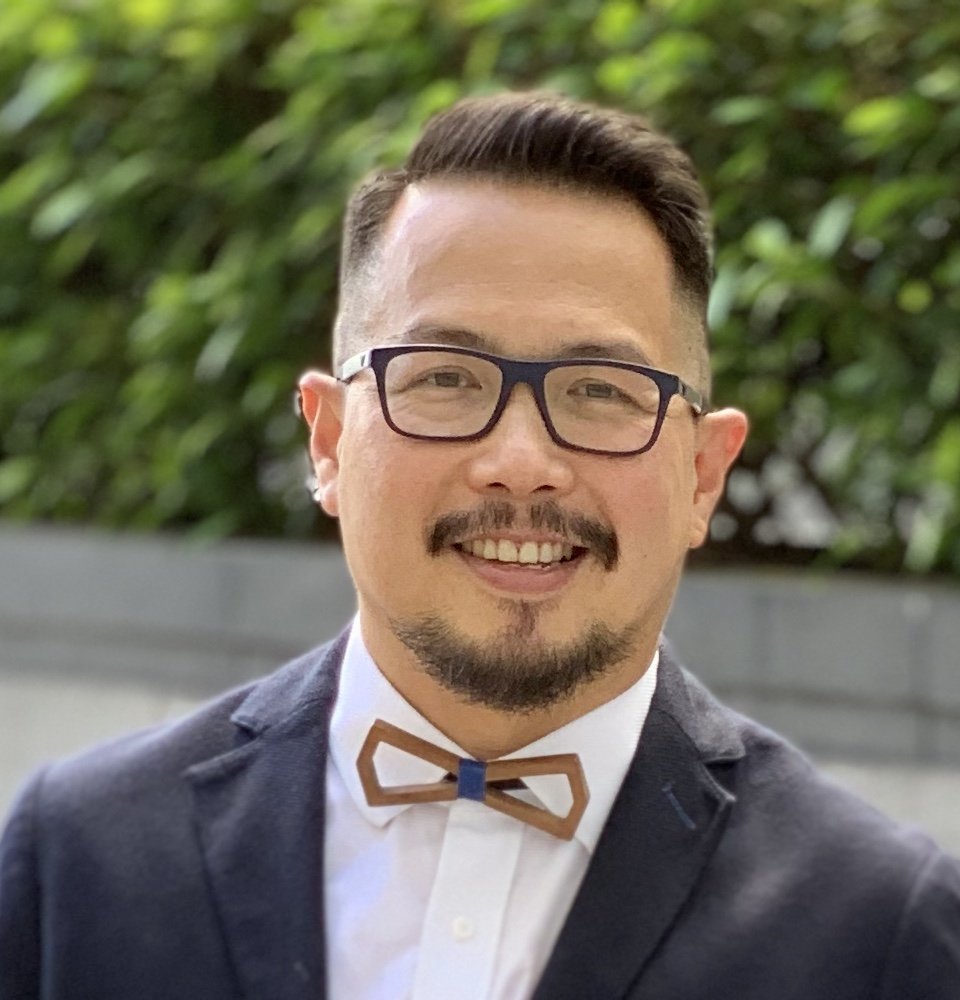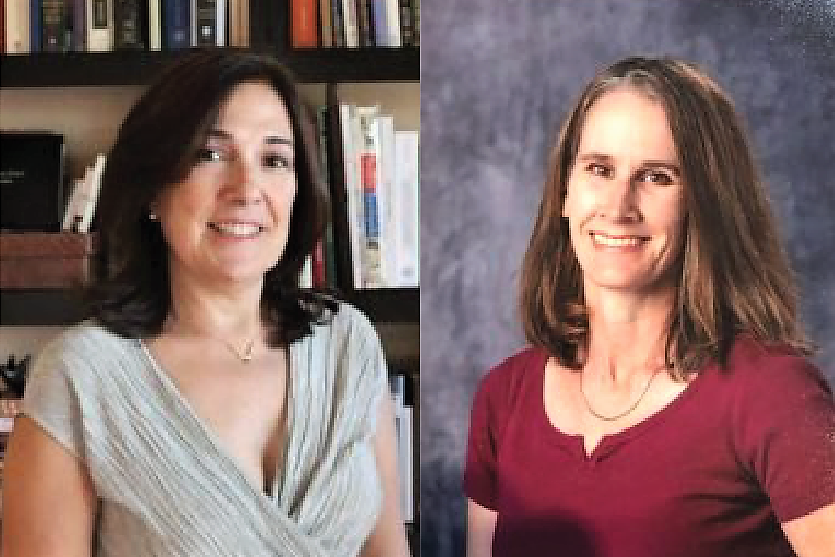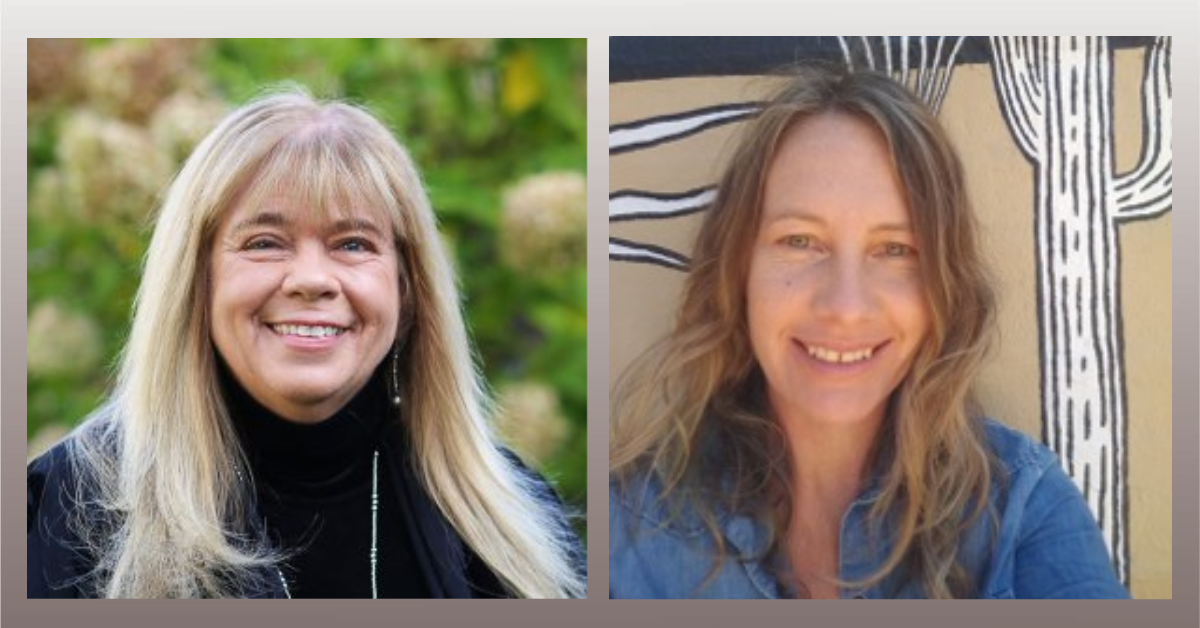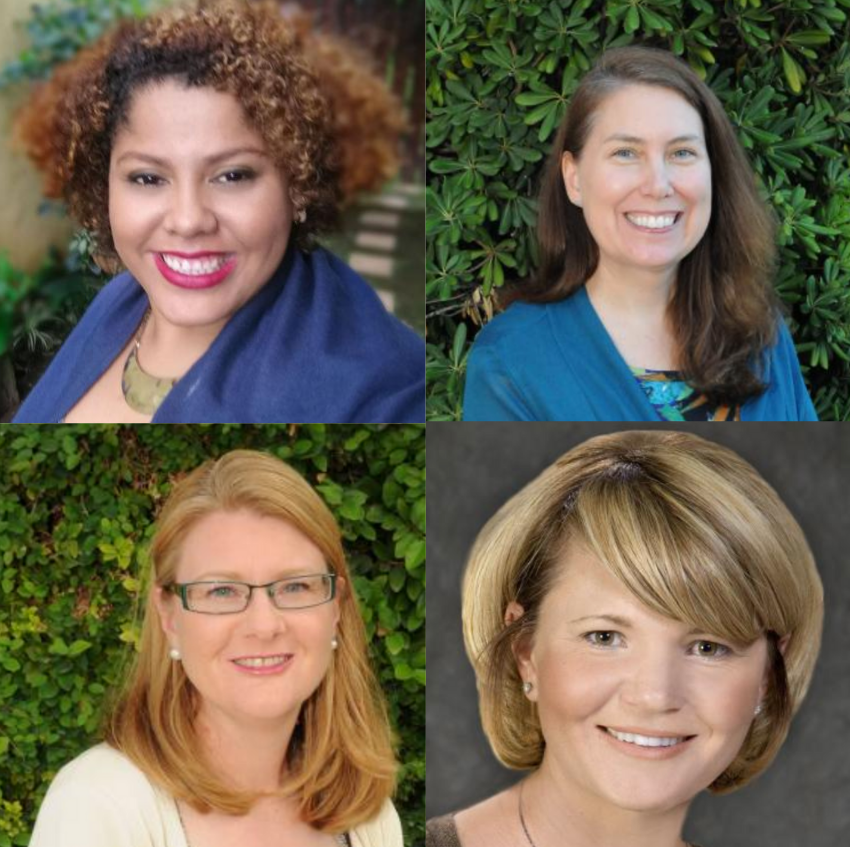This Fall CERCLL is offering several webinars and online workshops for language educators, most of which will be 90 minutes in length (the October 30 event is longer). Participants who attend live can request a certificate of attendance for 1.5 hours of continuing education for these events; also, live attendees will be contacted after each webinar with information about how to apply for a digital badge.
Translating Google Translate: Instructional Strategies for Machine Translation in the Language Classroom
Wednesday, September 29, 2021, 10-11:30 AM (Arizona)
Webinar presented by Emily Hellmich (University of Arizona) and Kimberly Vinall (UC Berkeley Language Center).
Google Translate and other machine translation platforms can be a source of strife and confusion in language learning classrooms. Many instructors wonder if and how to handle these platforms with their students. This webinar presents a series of instructional strategies for how to approach machine translation platforms in the language classroom. These strategies come from findings of a research study that used screen recording and retrospective interviews to observe how foreign language learners (French, Spanish, Mandarin) actually use machine translation platforms while completing a writing task. In the webinar, we present key findings from the study and explore the implications they have for instructional practices.
By the end of the webinar, participants will be able to: 1) broadly describe how students actually use machine translation; 2) identify a range of instructional strategies in three areas (training, assignment creation, policies); and 3) reflect on how to integrate take-ways from the webinar into their own teaching/learning contexts
This event is part of a project funded by a CERCLL Faculty Research Fellowship.

Devices, Designs and Algorithms: Strategies for Integrating Critical Digital Literacy in the Language Classroom
Friday, October 22, 2021, 4-5:30 PM (Arizona)
Webinar presented by Ron Darvin (The Chinese University of Hong Kong).
By engaging a material and sociotechnical lens to examine online genres, this webinar provides practical strategies for teaching critical digital literacy. It goes beyond a functional approach that teaches learners how to communicate online, and instead helps learners develop a more critical understanding of why we communicate online in certain ways and how these practices have evolved. Through bridging activities that involve authentic texts and audiences, this genre-based pedagogical approach recognizes that agentive participation online requires an awareness of the often invisible ways these technologies work. By integrating a critical awareness of how online genres and conventions evolve, learners can build metalinguistic and metacommunicative skills that outlive the lifecycles of the online genres themselves.

Designing Translation Materials for the World Language Classroom
Saturday, October 30, 2021, 10 AM – 1PM (Arizona)
An online workshop presented by Sonia Colina and Sara Albrecht, University of Arizona.
Pedagogical translation is making a comeback in the multilingual language classroom as an activity that promotes literacy, metalinguistic and cultural awareness, translanguaging, language diversity, and community engagement. While theoretical papers on this topic are becoming more common, practical guidance for teachers on how to incorporate translation in their curriculum in an informed manner is scarce. After briefly reviewing the historical context that banned translation, the justification for its reintroduction, and the roles translation can serve in language learning, (see past webinar, and Incorporating Translation in the World Language Classroom), the presenters will work with participants to help them create their own lesson plans and activities for introducing translation in their multilingual language classrooms. Participants will be asked to submit a draft lesson/idea to work on in the workshop.
➣ Participants must apply to take part in this small interactive workshop by the October 18 deadline. For more details about the event and a link to the application form, click here.

Building Bridges Across Cultures through Global Inquiry with Children
Saturday, November 6, 2021, 10-11:30 AM (Arizona)
An online workshop presented by Kathy G. Short and Dorea Kleker (University of Arizona).
In this workshop, the presenters share the instructional strategies and frameworks they have developed in working with elementary children to explore their cultural identities and to engage them in inquiries on specific global cultures, such as Korea and India. These inquiries are supported through global children’s literature and a range of interactive experiences. The workshop will provide examples of children’s use of thinking routines, instructional strategies, and children’s books as well as engage participants in trying out several strategies.

Language Learners become Filmmakers: Connecting STEM, Digital Literacies, and Language Arts
Wednesday, December 8, 2021, 4-5:30 PM (Arizona)
A webinar presented by Veronica Oguilve, Jill Castek, Jessica Summers, and Lia Falco (University of Arizona).
This webinar presents filmmaking as a strategy that encourages students to use their linguistic resources, scientific knowledge, and digital literacies to design films that speak to the wider community. In this interactive session, presenters will share ways that a school-wide collaboration invited connections between language learning, Language Arts, and STEM. Participants will: 1) learn filmmaking techniques that encourage second language learning; 2) explore ways that mentor texts can be used to scaffold the language learning process, and 3) discuss strategies for implementing filmmaking in their own second language teaching context. Illustrative examples will feature student perspectives and a showcase of students’ short films. Presenters will offer guidance about translation apps, genre considerations, and the pairing of visual and linguistic resources to convey a second language purposefully.


